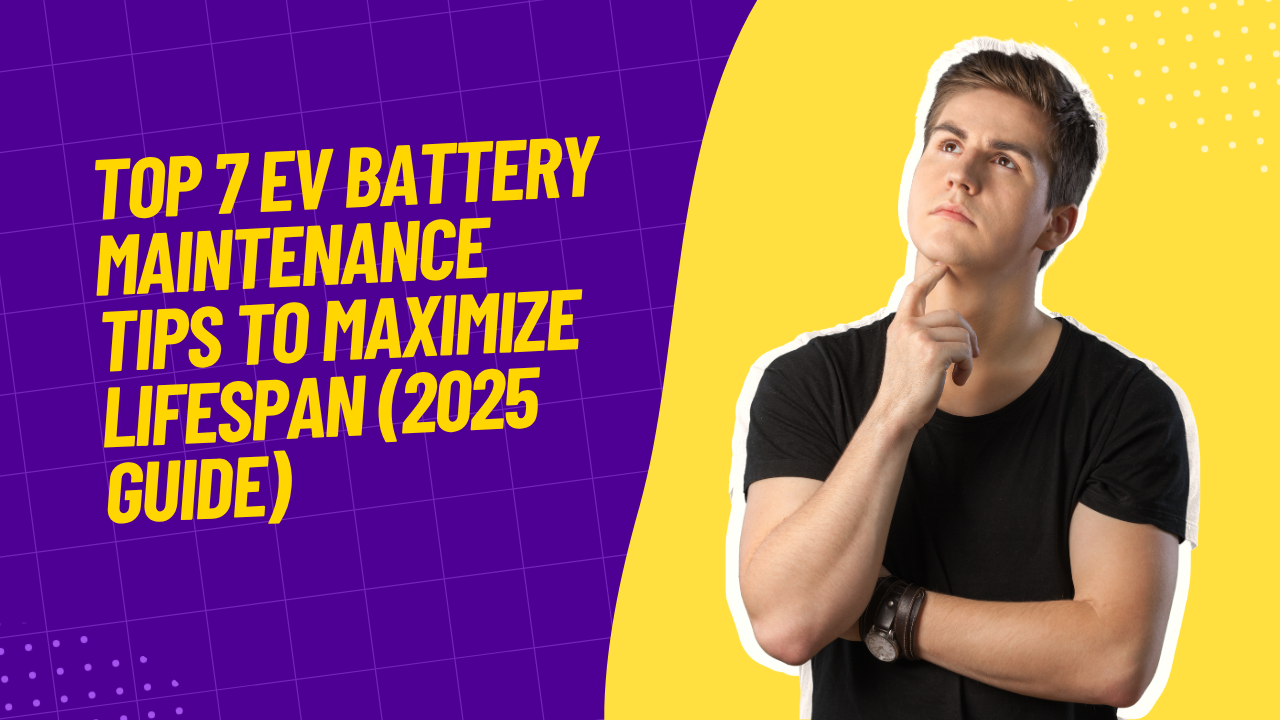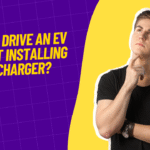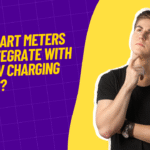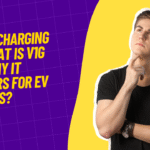In 2025, with electric vehicle (EV) adoption surging across India and globally, one question is on every EV owner’s mind: “How do I extend my EV battery’s lifespan?” As the battery is the most expensive and critical component of an EV, proper maintenance isn’t just a good practice—it’s essential for maximizing your return on investment.
Electric vehicle batteries, mainly lithium-ion based, are designed for longevity, but their performance and lifespan heavily depend on how they’re charged, driven, and stored. Poor habits can degrade your battery faster, while smart practices can keep it running smoothly well beyond the expected warranty period.
In this detailed guide, we’ll break down the Top 7 EV battery maintenance tips to help you protect your investment in 2025 and beyond.
1. Avoid Charging to 100% Regularly
Why it matters:
Lithium-ion batteries have a sweet spot for charge levels—usually between 20% and 80%. Charging to 100% may seem like a good idea for maximum range, but doing this frequently stresses the battery and shortens its lifespan.
Tip:
- Use charging limit features in your EV’s app or onboard system to cap charging at 80% for regular use.
- Charge to 100% only when planning long trips.
2. Keep the Battery at Optimal Temperatures
Why it matters:
Battery performance and longevity are sensitive to extreme temperatures. Both high heat and cold can reduce battery efficiency and accelerate degradation.
Tip:
- Park your EV in shaded or covered areas in hot weather.
- In cold climates, precondition your battery while plugged in before driving.
- Avoid fast charging when the battery is too hot or too cold.
3. Avoid Frequent DC Fast Charging
Why it matters:
While DC fast chargers are convenient for quick top-ups, they generate more heat and put additional stress on battery cells compared to slower AC charging.
Tip:
- Use Level 2 (AC) home charging for daily needs.
- Reserve DC fast charging for emergencies or long-distance travel.
4. Don’t Let Your Battery Drain to 0%
Why it matters:
Draining a lithium-ion battery to 0% causes deep discharge, which can permanently damage the battery and reduce its effective capacity.
Tip:
- Try to recharge before the battery falls below 15-20%.
- Most modern EVs have warnings and emergency reserves—don’t rely on them regularly.
5. Drive Smoothly and Avoid Aggressive Acceleration
Why it matters:
Driving style directly affects battery health. Aggressive acceleration, sudden braking, and high-speed driving demand more energy and generate more heat, which can decrease battery efficiency over time.
Tip:
- Use Eco mode when possible.
- Maintain steady speed, especially in traffic.
- Regenerative braking can help conserve battery life when used efficiently.
6. Use Scheduled Charging and Off-Peak Hours
Why it matters:
Charging your EV during off-peak hours not only reduces electricity costs but also minimizes stress on the local grid and your home’s electrical system.
Tip:
- Many EVs let you schedule charging via their companion apps—start charging at night or during early mornings.
- Scheduled charging ensures a cooler battery and avoids peak heat times during the day.
7. Monitor Battery Health and Use Manufacturer Software
Why it matters:
Keeping tabs on your EV’s battery health can alert you to issues before they become serious problems. Modern EVs come with software that helps track battery performance, degradation, and efficiency.
Tip:
- Check your battery health reports monthly.
- Get periodic inspections during regular EV servicing.
- Update your EV’s software as OEMs often release battery optimization improvements.
Bonus Tip: Maintain a Regular Driving Routine
Letting your EV sit unused for extended periods (especially with a full or empty battery) can degrade the battery. If you plan to leave your EV parked for weeks:
- Keep the battery around 50%.
- Park in a cool, dry place.
- Consider battery maintenance mode if your EV supports it.
How These Tips Translate to Real Savings
Battery replacements in India can cost anywhere between ₹3 lakh to ₹6 lakh, depending on the EV model. Following these tips could help you:
- Add 3 to 5 years to your battery’s usable life.
- Save money on energy by charging smartly.
- Retain a higher resale value for your EV.
EV Battery Technology Trends in 2025
As of 2025, battery tech is improving rapidly:
- Solid-state batteries are entering the market, promising longer life and safer chemistry.
- OEMs are integrating AI-powered battery management systems (BMS) that optimize charging and discharging cycles automatically.
- Some manufacturers are providing 8-year or 1,60,000 km battery warranties, reflecting growing confidence in battery longevity.
But even with these advancements, your habits still matter most.
Final Thoughts
EVs are not just about going green—they’re also about being smart and sustainable with technology. Treating your battery right is the key to a smoother drive, lower running costs, and longer vehicle life.
If you’re serious about maximizing your EV’s value, make battery maintenance a regular part of your driving lifestyle in 2025.
Frequently Asked Questions (FAQs)
1. How long do EV batteries last in India?
Most EV batteries last between 8 to 10 years, or around 1.5 to 2 lakh kilometers, depending on usage, climate, and maintenance practices.
2. Is it OK to charge my EV every day?
Yes, but avoid charging to 100% daily. Stick to 80% or lower unless you need a full charge for a long trip.
3. Can I leave my EV plugged in overnight?
Absolutely. Modern EVs are designed to stop charging when full, and overnight charging helps take advantage of off-peak electricity rates.
4. Does fast charging damage the EV battery?
Occasional fast charging is fine. However, frequent fast charging can accelerate battery wear due to heat and high power input.
5. Should I turn off my EV while charging?
Yes, it’s ideal to turn off the car during charging to allow the battery to cool and ensure efficient energy transfer.
Recap: 7 Quick Battery Tips for Your EV
| Tip Number | Summary |
|---|---|
| 1 | Don’t charge to 100% daily |
| 2 | Avoid extreme heat/cold |
| 3 | Limit DC fast charging |
| 4 | Never drop to 0% |
| 5 | Drive smoothly |
| 6 | Use scheduled charging |
| 7 | Monitor battery health |
Want More EV Tips?
Stay tuned to our blog for more expert EV insights, subsidy updates, and cost-saving guides to help you make the most of your electric driving journey in 2025.










